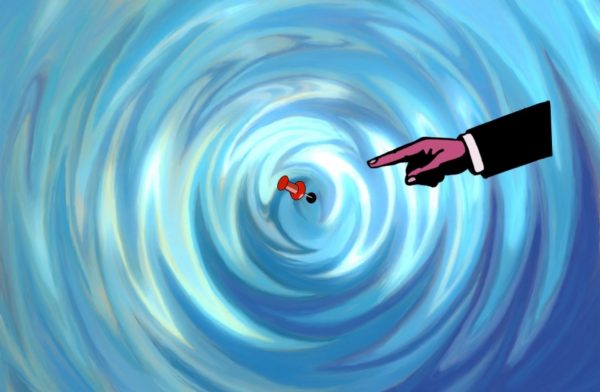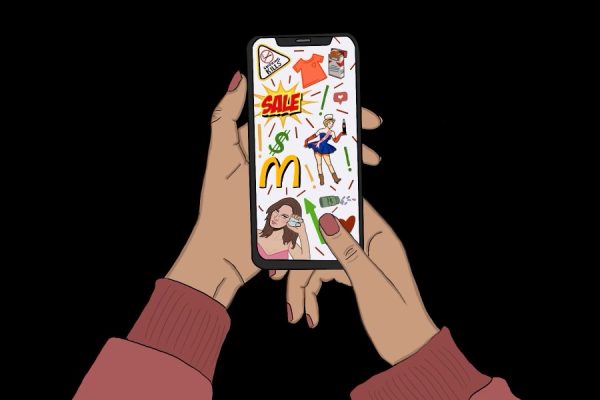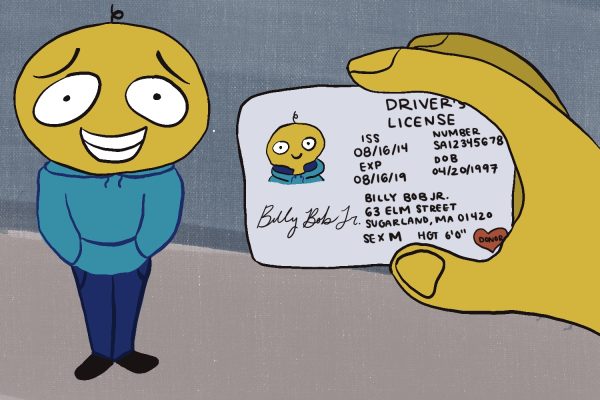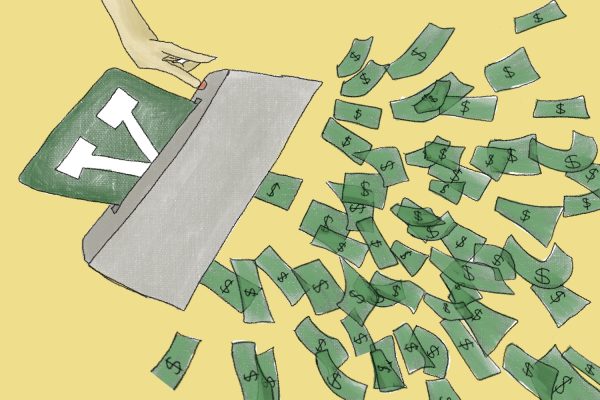Lance Armstrong, tested once again
Lance Armstrong has won the Tour de France the same number of times that the average UVM professor has: zero.
On Aug. 24, the United States Anti-Doping Agency (USDA) announced that it was stripping Armstrong of all competitive results from Aug. 1, 1998 through the present, which includes his seven Tour de France victories.
The USDA assembled witnesses who were prepared to testify that Armstrong used prohibited substances, performed blood transfusions and created a conspiracy to cover up his infractions.
Armstrongs decision to dismiss the case and thereby not challenge the accusations in court, gave the USDA an opportunity to do what it had tried to do for years: revoke all of Armstrongs victories.
Lance has never failed a drug test. As one of the most tested athletes in the sport, not once has he been convicted of testing positive.
So heres my question: How can you convict someone without having physical proof of drugs in their bloodstream?
To be clear, I do believe that Lance used performance-enhancing methods, but the fact is, so do the majority of cyclists. As drug expert Dr. John Hoberman said, long-distance cycling has been the most consistently drug-soaked sport of the 20th centurythe Tour [de France] is a virtual pharmacy on wheels.
All of the major drug convictions in recent years have been in a timely manner: the athlete hops off the bike, a couple days later he/she is off the podium.
For Lance, old blood samples from decades ago have been tested time and time again to find traces of drugs, especially as the detection technology has changed. This is a blatant double standard.
Even though he was the winner, the second and third placed cyclists samples should have been subjected to the same treatment. I agree with Armstrong when he said that the whole ordeal has been an unconstitutional witch hunt.
As per Tour de France tradition, if the first place winner is disqualified, the second place winner receives the yellow jersey. Where will Lances seven yellow jerseys go if the USDA successfully redistributes them?
The 1999 Tour yellow jersey would go to Alex Zulle, who had been convicted of using the blood-boosting EPO drug. The 2000, 2001, 2003 jerseys would go to Jan Ullrich, and the 2002 jersey to Joseba Beloki, both of whom were involved in a massive drug investigation in Spain. The 2005 jersey would go to Ivan Basso, who recently returned to cycling after a two-year doping ban.
Is this really what the USDA considers to be a just, and fair solution? They were all on drugs, and Armstrong still crossed the finish line first.
The question becomes, what do you do when a sport is saturated in performance-enhancing drugs, most of which are more technologically advanced than the testing mechanisms? Do you make drugs legal for a more even playing field?
At the very least, by putting this expensive and time-consuming scandal behind him, Lance can now focus his efforts on raising money for cancer awareness and start a new chapter in his career, drug free.



![Can’t buy me [self] love](https://vtcynic.com/wp-content/uploads/2024/04/self-care-FINAL-600x398.jpg)







